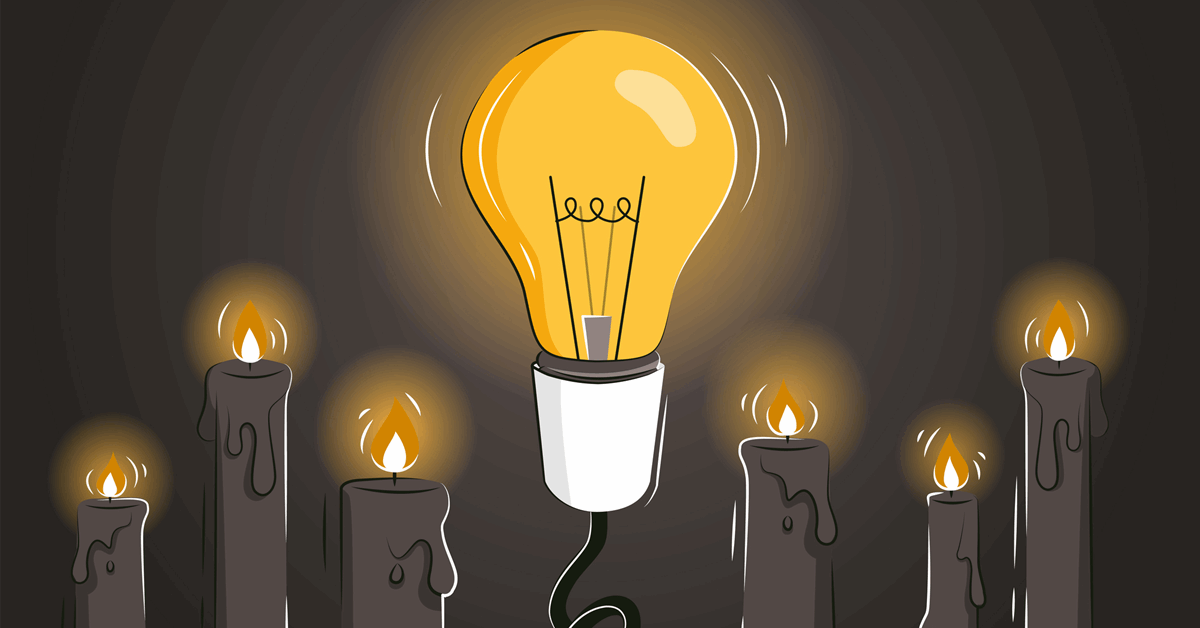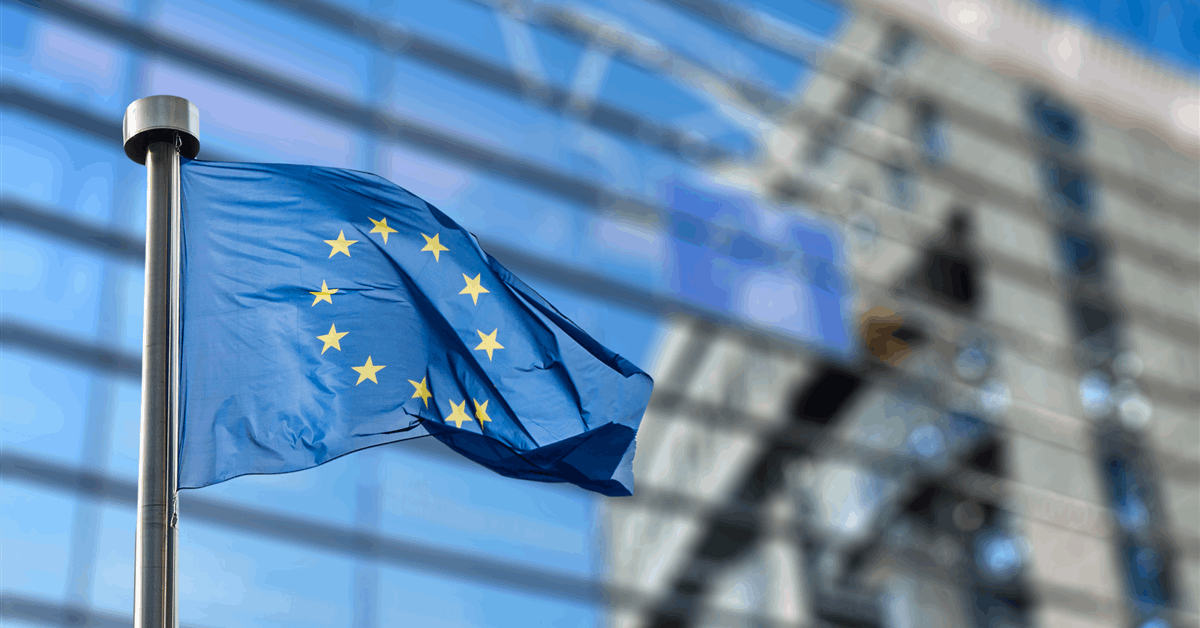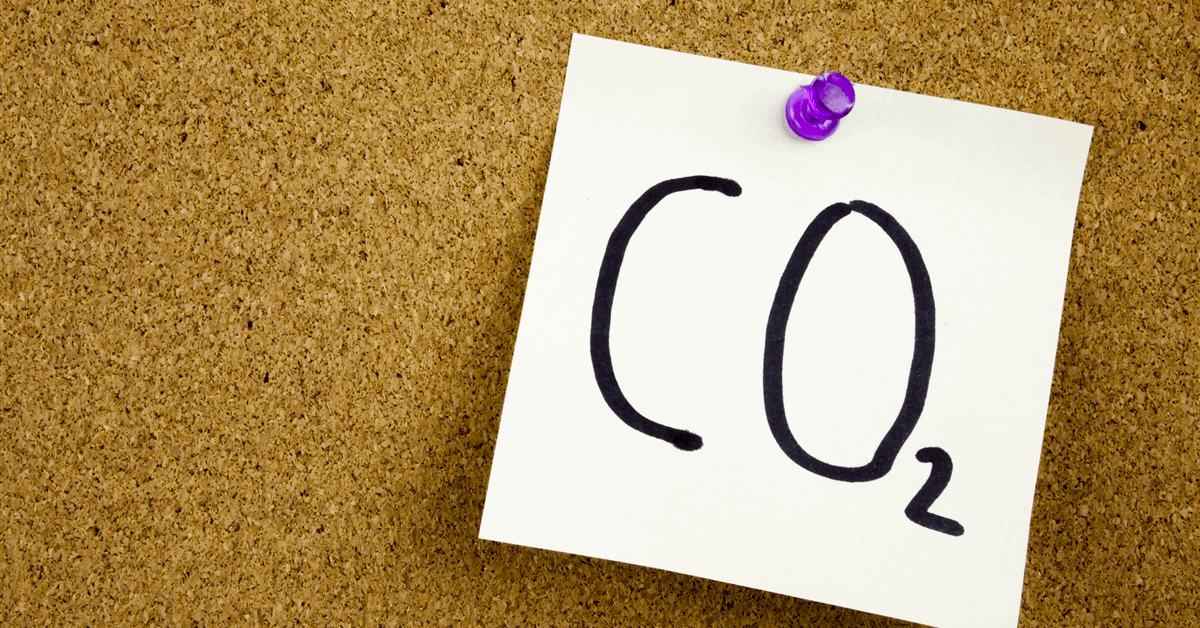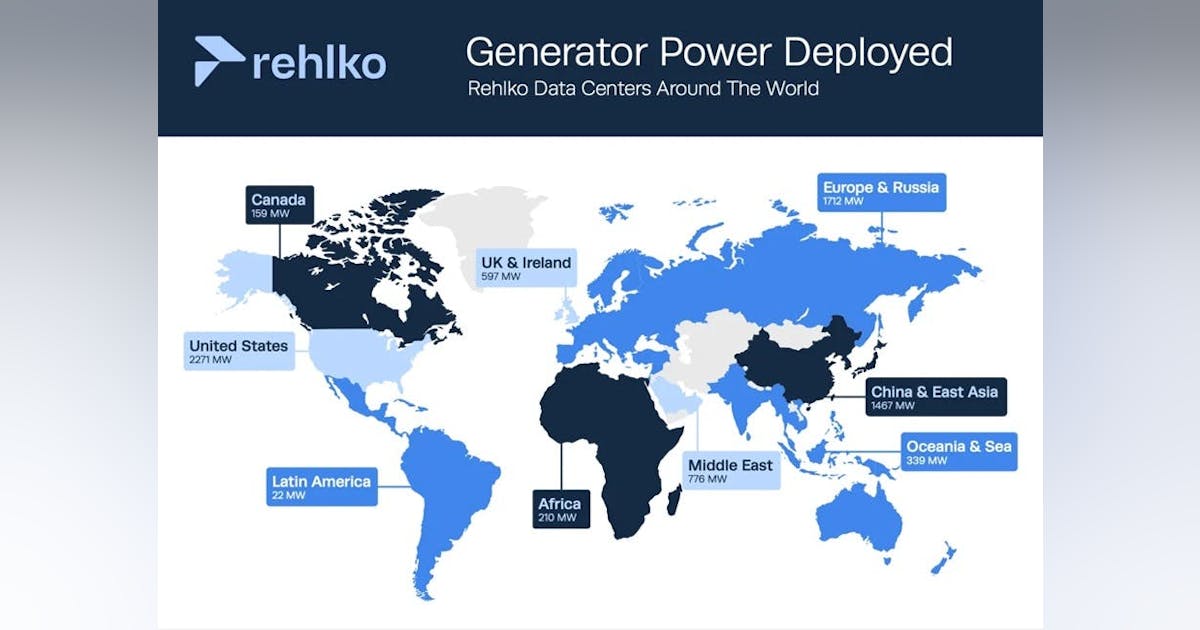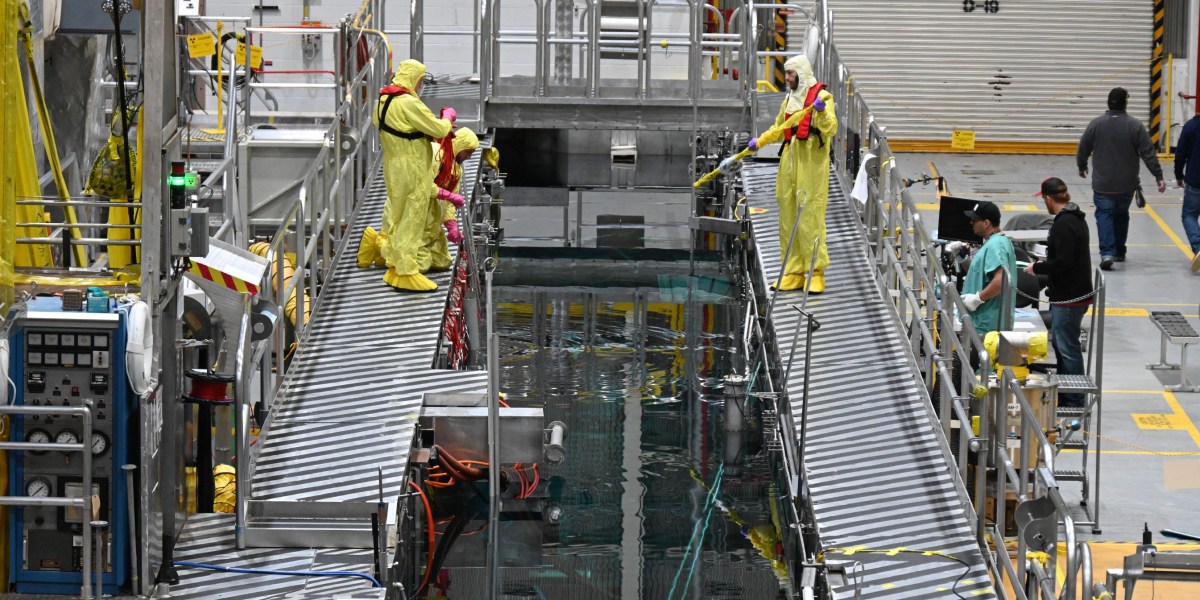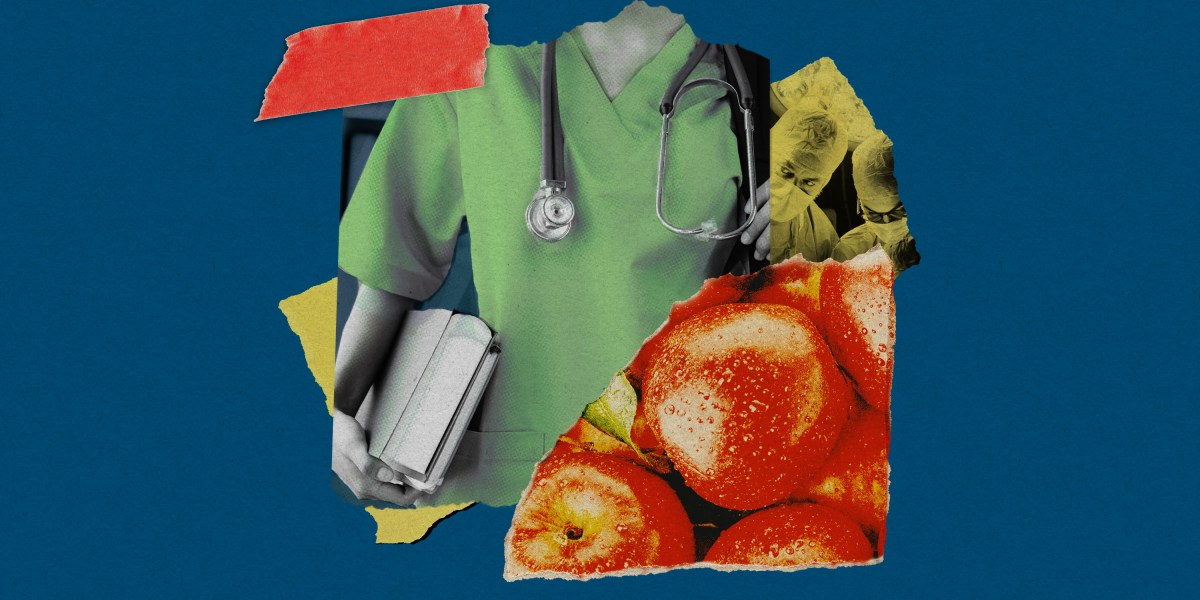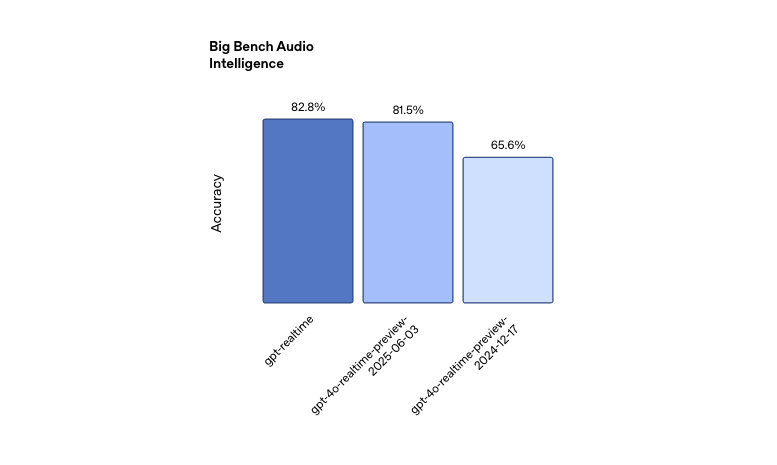This is today’s edition of The Download, our weekday newsletter that provides a daily dose of what’s going on in the world of technology.
The case against humans in space
Elon Musk and Jeff Bezos are bitter rivals in the commercial space race, but they agree on one thing: Settling space is an existential imperative. Space is the place. The final frontier. It is our human destiny to transcend our home world and expand our civilization to extraterrestrial vistas.
This belief has been mainstream for decades, but its rise has been positively meteoric in this new gilded age of astropreneurs.
But as visions of giant orbital stations and Martian cities dance in our heads, a case against human space colonization has found its footing in a number of recent books, from doubts about the practical feasibility of off-Earth communities, to realism about the harsh environment of space and the enormous tax it would exact on the human body. Read the full story.
—Becky Ferreira
This story is from our new print edition, which is all about the future of security. Subscribe here to catch future copies when they land.
This American nuclear company could help India’s thorium dream
For just the second time in nearly two decades, the United States has granted an export license to an American company planning to sell nuclear technology to India, MIT Technology Review has learned.
The decision to greenlight Clean Core Thorium Energy’s license is a major step toward closer cooperation between the two countries on atomic energy and marks a milestone in the development of thorium as an alternative to uranium for fueling nuclear reactors. Read more about why it’s such a big deal.
—Alexander C. Kaufman
RFK Jr’s plan to improve America’s diet is missing the point
A lot of Americans don’t eat well. And they’re paying for it with their health. A diet high in sugar, sodium, and saturated fat can increase the risk of problems like diabetes, heart disease, and kidney disease, to name a few. And those are among the leading causes of death in the US.
This is hardly news. But this week Robert F Kennedy Jr., who heads the US Department of Health and Human Services, floated a new solution to the problem: teaching medical students more about the role of nutrition in health could help turn things around.
It certainly sounds like a good idea. If more Americans ate a healthier diet, we could expect to see a decrease in those diseases.
But this framing of America’s health crisis is overly simplistic, especially given that plenty of the administration’s other actions have directly undermined health in multiple ways—including by canceling a vital nutrition education program. And at any rate, there are other, more effective ways to tackle the chronic-disease crisis. Read the full story.
—Jessica Hamzelou
This article first appeared in The Checkup, MIT Technology Review’s weekly biotech newsletter. To receive it in your inbox every Thursday, and read articles like this first, sign up here.
The must-reads
I’ve combed the internet to find you today’s most fun/important/scary/fascinating stories about technology.
1 RFK Jr’s deputy has been chosen to be the new acting head of the CDC
Jim O’Neill is likely to greenlight his boss’s federal vaccine policy plans. (WP $)
+ The future of the department looks decidedly precarious. (The Atlantic $)
+ Everything you need to know about Jim O’Neill, the longevity enthusiast who is now RFK Jr.’s right-hand man. (MIT Technology Review)
2 A man killed his mother and himself after conversing with ChatGPT
The chatbot encouraged Stein-Erik Soelberg’s paranoia while repeatedly assuring him he was sane. (WSJ $)
+ An AI chatbot told a user how to kill himself—but the company doesn’t want to “censor” it. (MIT Technology Review)
3 China is cracking down on excess competition in its AI sector
The country is hellbent on avoiding wasteful investment. (Bloomberg $)
+ China is laser-focused on engineering, not so much on litigating. (Wired $)
+ China built hundreds of AI data centers to catch the AI boom. Now many stand unused. (MIT Technology Review)
4 The EU should be prepared to walk away from a US trade deal
Its competition commissioner worries Trump may act on his threats to target the bloc. (FT $)
+ The French President had a similar warning for his ministers. (Politico)
5 xAI has released a new Grok agentic coding model
At a significantly lower price than its rivals. (Reuters)
+ This no-code website builder has been valued at $2 billion. (TechCrunch)
+ The second wave of AI coding is here. (MIT Technology Review)
6 A US mail change has thrown online businesses into turmoil
All package deliveries are due to face duties from this week. (Insider $)
7 A former DOGE official is running America’s biggest MDMA company
And Antonio Gracias is not the only member of the department with ties to the psychedelics industry. (The Guardian)
+ Other DOGE workers are joining Trump’s new National Design Studio. (Wired $)
+ The FDA said no to the use of MDMA as a therapy last year. (MIT Technology Review)
8 How chatbots fake having personalities
They have no persistent self—despite what they may tell you. (Ars Technica)
+ What is AI? (MIT Technology Review)
9 The future of podcasting is murky
Hundreds of shows have folded. The medium is in desperate need of an archive. (NY Mag $)
+ The race to save our online lives from a digital dark age. (MIT Technology Review)
10 Do we even know what we want to watch anymore?
We’re so reliant on algorithms, it’s hard to know. (New Yorker $)
Quote of the day
“We’re scared for ourselves and for the country.”
—An anonymous CDC worker tells the New York Times about the mood inside the agency following the firing of their new director Susan Monarez.
One more thing
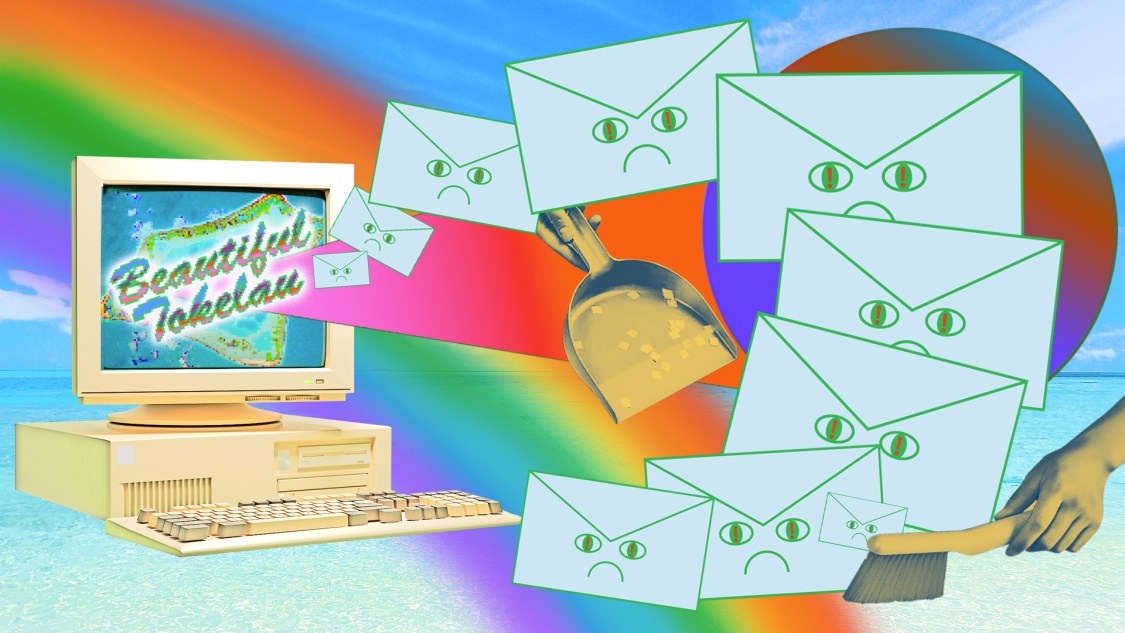
How a tiny Pacific Island became the global capital of cybercrime
Tokelau, a string of three isolated atolls strung out across the Pacific, is so remote that it was the last place on Earth to be connected to the telephone—only in 1997. Just three years later, the islands received a fax with an unlikely business proposal that would change everything.
It was from an early internet entrepreneur from Amsterdam, named Joost Zuurbier. He wanted to manage Tokelau’s country-code top-level domain, or ccTLD—the short string of characters that is tacked onto the end of a URL—in exchange for money.
In the succeeding years, tiny Tokelau became an unlikely internet giant—but not in the way it may have hoped. Until recently, its .tk domain had more users than any other country’s: a staggering 25 million—but the vast majority were spammers, phishers, and cybercriminals.
Now the territory is desperately trying to clean up .tk. Its international standing, and even its sovereignty, may depend on it. Read the full story.
—Jacob Judah
We can still have nice things
A place for comfort, fun and distraction to brighten up your day. (Got any ideas? Drop me a line or skeet ’em at me.)
+ Scientists are using yeast to help save the bees.
+ How to become super productive 😌
+ Why North American mammoths were genetic freaks of nature.
+ I love Seal’s steadfast refusal to explain his lyrics to Kiss from a Rose.





